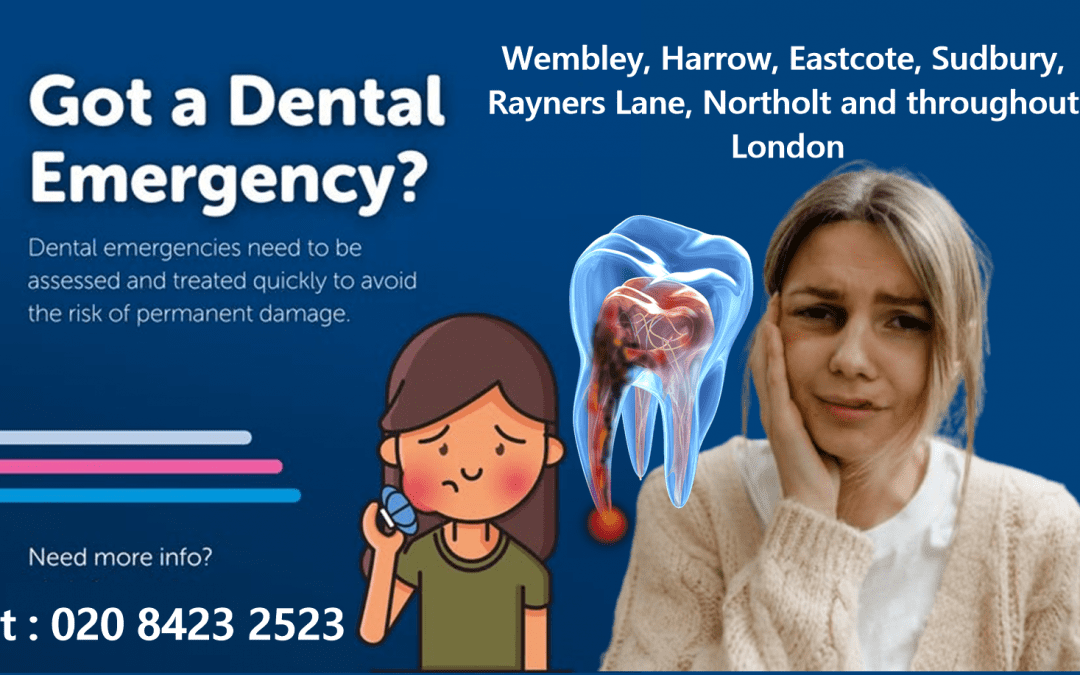What causes sensitive teeth?
The tooth is made up of layers – the protective outer layer ‘enamel’ covers a softer more sensitive inner layer- ‘dentine’– which is covered in exposed nerve endings. If the dentine is exposed, a tooth can become sensitive. This usually happens when the enamel has thinned or the gum has receded. Here are some causes of sensitivity:
Tooth decay
Often the first sign of a cavity (hole) can be sensitivity to hot or cold. It is extremely important to get sensitive teeth checked as root canal treatment may be required if the hole is not dealt with quickly.
Dental erosion
This is loss of tooth enamel caused by acid attack from acidic food and drinks. Acid softens the enamel and makes it more prone to wear away. If enamel is worn away the dentine underneath is exposed, which may lead to sensitivity.
Gum recession
Gums may naturally recede (shrink back), and the roots will become exposed and can be more sensitive. Root surfaces do not have an enamel layer to protect them.
Gum disease
A build-up of plaque or tartar can cause the gum to recede down the tooth and even destroy the bony support of the tooth. Pockets can form in the gums around the tooth, making the area difficult to keep clean and the problem wors
Tooth grinding
This is a habit which involves clenching and grinding the teeth together. This can cause the enamel of the teeth to be worn away, making the teeth sensitive.
Other causes of pain from sensitivity may arise from:
Cracked teeth or fillings
Although a tooth may not physically be broken, a crack can run from the biting surface of a tooth down towards the root. Extreme temperatures, especially cold, may cause discomfort.
Tooth whitening
Some patients have sensitivity for a short time during or after having their teeth whitened. Discuss this with your dentist before having treatment.
When are teeth more likely to be sensitive?
You are more likely to feel the sensitivity when drinking or eating something cold, from cold air catching your teeth, and sometimes with hot foods or drinks. Some people have sensitivity when they have sweet or acidic food and drink. The pain can come and go, with some times being worse than others.
Do I need to go and see my dentist?
Yes, if you have tried treating your sensitive teeth for a few weeks and have had no improvement.
What treatments can the dentist offer?
During an examination the dentist will talk to you about your symptoms. They will look at your teeth to find out what is causing the sensitivity and to find the best way of treating it. The dentist may treat the affected teeth with special de-sensitising products to help relieve the symptoms. Fluoride gels, rinses or varnishes can be applied to sensitive teeth. These can be painted onto the teeth at regular appointments to build up some protection. Sensitivity can take some time to settle. If this still does not help, your dentist may seal or fill around the neck of the tooth, where the tooth and gum meet, to cover exposed dentine. In very serious cases – if the tooth is cracked or damaged- it may be necessary to crown or root-fill the tooth.






